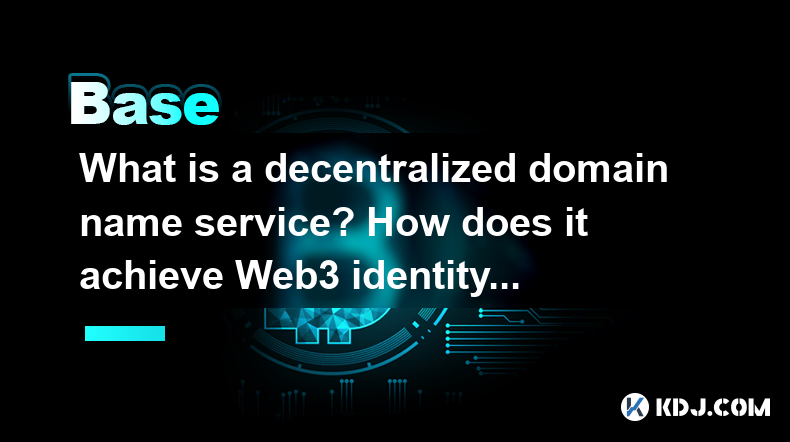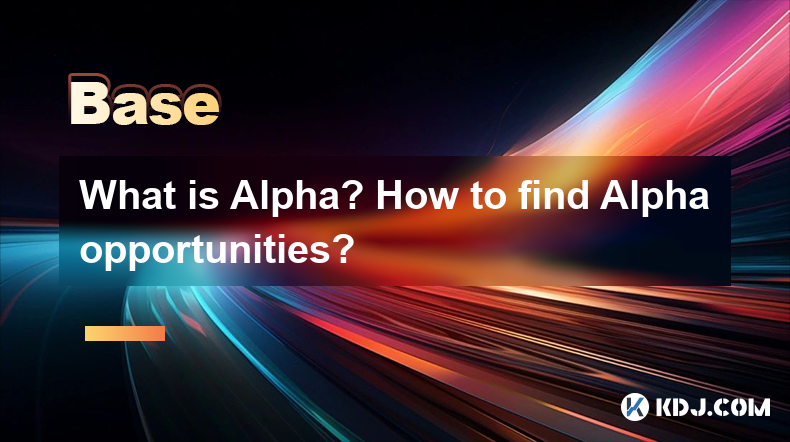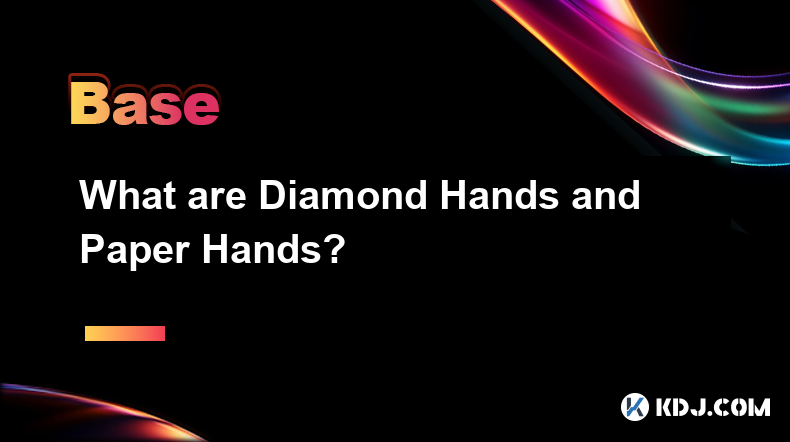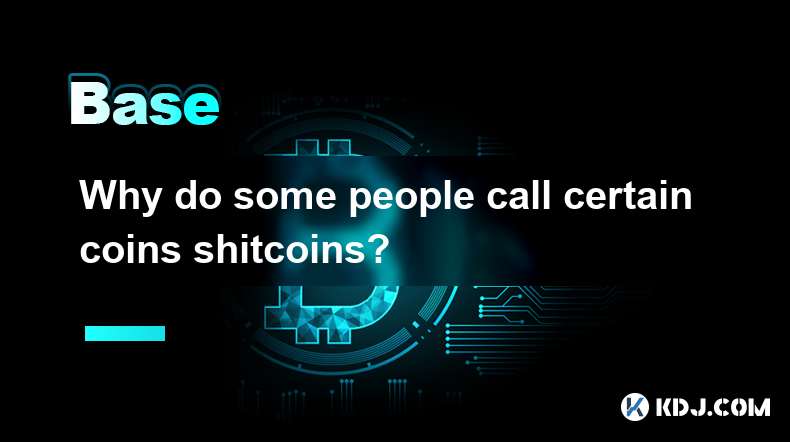-
 Bitcoin
Bitcoin $84,367.7234
1.25% -
 Ethereum
Ethereum $1,600.1723
1.83% -
 Tether USDt
Tether USDt $0.9998
0.00% -
 XRP
XRP $2.0964
1.79% -
 BNB
BNB $582.2457
0.34% -
 Solana
Solana $133.1948
6.30% -
 USDC
USDC $1.0000
0.00% -
 Dogecoin
Dogecoin $0.1569
2.16% -
 TRON
TRON $0.2449
-2.83% -
 Cardano
Cardano $0.6186
2.17% -
 UNUS SED LEO
UNUS SED LEO $9.4458
0.78% -
 Chainlink
Chainlink $12.5745
2.94% -
 Avalanche
Avalanche $19.2746
2.70% -
 Toncoin
Toncoin $2.9610
3.97% -
 Stellar
Stellar $0.2387
2.17% -
 Shiba Inu
Shiba Inu $0.0...01198
3.08% -
 Sui
Sui $2.0974
0.75% -
 Hedera
Hedera $0.1592
1.60% -
 Bitcoin Cash
Bitcoin Cash $335.3208
4.54% -
 Litecoin
Litecoin $75.1855
-0.65% -
 Polkadot
Polkadot $3.6127
2.24% -
 Hyperliquid
Hyperliquid $16.1266
8.37% -
 Dai
Dai $1.0001
0.02% -
 Bitget Token
Bitget Token $4.3594
4.35% -
 Ethena USDe
Ethena USDe $0.9992
0.01% -
 Pi
Pi $0.6125
0.37% -
 Monero
Monero $219.0095
-0.11% -
 Uniswap
Uniswap $5.2454
1.81% -
 OKB
OKB $51.1779
-2.16% -
 Pepe
Pepe $0.0...07259
3.16%
What is a decentralized domain name service? How does it achieve Web3 identity management?
Decentralized DNS uses blockchain to manage domain names, enhancing security and enabling user-controlled Web3 identity management.
Apr 06, 2025 at 11:01 pm

A decentralized domain name service (DNS) represents a pivotal shift from traditional centralized systems to a more secure, user-controlled, and transparent framework within the cryptocurrency and blockchain ecosystem. Decentralized DNS leverages blockchain technology to manage domain names, ensuring that control over these digital assets remains in the hands of the users rather than centralized authorities. This system not only enhances security but also plays a crucial role in achieving Web3 identity management, which is essential for the decentralized internet.
Understanding Decentralized DNS
Traditional DNS systems rely on centralized servers to translate human-readable domain names into IP addresses. In contrast, decentralized DNS uses blockchain technology to store domain name records. This means that instead of a single entity controlling the DNS, the responsibility is distributed across a network of nodes. Each domain name and its associated data are recorded on the blockchain, making it immutable and resistant to censorship or manipulation.
Key Features of Decentralized DNS
- Immutable Records: Once a domain name is registered on the blockchain, its record cannot be altered without the owner's consent. This feature ensures that domain names are secure and cannot be hijacked or taken down by third parties.
- User Control: Users have full control over their domain names. They can manage, transfer, or sell their domains without needing to go through a centralized registrar.
- Transparency: All transactions and changes related to domain names are recorded on the blockchain, making the process transparent and verifiable by anyone.
How Decentralized DNS Achieves Web3 Identity Management
Web3, the next generation of the internet, emphasizes decentralization, privacy, and user sovereignty. Decentralized DNS is a cornerstone of Web3 identity management because it allows users to own and control their digital identities. Here’s how it works:
- Self-Sovereign Identity: With decentralized DNS, users can create and manage their own digital identities without relying on centralized services. This self-sovereign identity model is crucial for Web3, as it empowers users to control their personal data and online presence.
- Interoperability: Decentralized DNS enables seamless interaction between different blockchain networks and decentralized applications (dApps). Users can use their domain names across various platforms, enhancing the interoperability of Web3 ecosystems.
- Privacy and Security: By using blockchain technology, decentralized DNS ensures that user data is encrypted and secure. This reduces the risk of data breaches and unauthorized access, which is a significant concern in traditional centralized systems.
Implementing Decentralized DNS
To implement decentralized DNS, users need to follow a series of steps that involve interacting with blockchain networks and decentralized platforms. Here’s a detailed guide on how to register a decentralized domain name:
- Choose a Decentralized DNS Platform: There are several platforms that offer decentralized DNS services, such as Ethereum Name Service (ENS) and Unstoppable Domains. Choose a platform that aligns with your needs.
- Set Up a Wallet: You’ll need a cryptocurrency wallet that supports the blockchain network of your chosen platform. For example, if you’re using ENS, you’ll need an Ethereum-compatible wallet like MetaMask.
- Fund Your Wallet: Ensure your wallet has enough cryptocurrency to cover the registration fees. For ENS, you’ll need ETH; for Unstoppable Domains, you might need other cryptocurrencies like ZIL or BTC.
- Register Your Domain: Navigate to the platform’s website and follow the instructions to search for and register your desired domain name. This typically involves entering the domain name, confirming the registration, and paying the fee.
- Manage Your Domain: Once registered, you can manage your domain through the platform’s interface. This includes setting up records, transferring ownership, or renewing the domain.
Benefits of Decentralized DNS for Web3
The adoption of decentralized DNS brings several benefits to the Web3 ecosystem, particularly in the realm of identity management:
- Enhanced Security: By leveraging blockchain technology, decentralized DNS provides a higher level of security compared to traditional DNS. The immutability of blockchain records ensures that domain names and associated data are protected from tampering.
- Decentralized Control: Users have complete control over their domain names and digital identities. This decentralization aligns with the core principles of Web3, promoting a more democratic and user-centric internet.
- Reduced Dependency on Centralized Services: With decentralized DNS, users are not reliant on centralized registrars or hosting services. This reduces the risk of service disruptions and censorship, fostering a more resilient internet infrastructure.
Challenges and Considerations
While decentralized DNS offers numerous advantages, there are also challenges and considerations that users should be aware of:
- Technical Complexity: Managing decentralized DNS can be more complex than using traditional DNS services. Users need to understand blockchain technology and manage their cryptocurrency wallets effectively.
- Cost: Registering and maintaining decentralized domain names can be more expensive than traditional domain names, especially due to blockchain transaction fees.
- Adoption and Interoperability: While decentralized DNS is gaining traction, it still faces challenges in terms of widespread adoption and interoperability with existing internet infrastructure.
Frequently Asked Questions
Q: Can I use a decentralized domain name with traditional websites?
A: Yes, you can use a decentralized domain name with traditional websites, but you may need to set up additional configurations to ensure compatibility. Some decentralized DNS platforms offer tools to help with this process.
Q: How do I transfer ownership of a decentralized domain name?
A: To transfer ownership of a decentralized domain name, you typically need to initiate a transaction on the blockchain through the platform’s interface. This involves specifying the new owner’s wallet address and confirming the transfer with your private key.
Q: Are decentralized domain names permanent?
A: Decentralized domain names are not necessarily permanent. They often require periodic renewals, similar to traditional domain names. However, the renewal process is managed through the blockchain, ensuring that users maintain control over their domains.
Q: Can I use a decentralized domain name for email?
A: Yes, some decentralized DNS platforms support email services. You can set up email records for your decentralized domain name, allowing you to use it for email communication. However, the availability of this feature may vary depending on the platform.
Disclaimer:info@kdj.com
The information provided is not trading advice. kdj.com does not assume any responsibility for any investments made based on the information provided in this article. Cryptocurrencies are highly volatile and it is highly recommended that you invest with caution after thorough research!
If you believe that the content used on this website infringes your copyright, please contact us immediately (info@kdj.com) and we will delete it promptly.
- Solana (SOL) Just Scored a Major Win in Canada, Opening the Doors to Institutional Adoption
- 2025-04-17 14:15:14
- 3 Crypto Projects Poised to Explode in 2025
- 2025-04-17 14:15:14
- The net issue for new housing loans continues to grow in the euro zone
- 2025-04-17 14:10:13
- Footprint Analytics Partners with AI Flow to Revolutionize Web3 Data Analytics
- 2025-04-17 14:10:13
- The anticipated price highlight of Solana blockchain reaching $400 by 2025 increases market talk
- 2025-04-17 14:05:13
- Introducing LaunchLab, Raydium's all-in-one token launchpad.
- 2025-04-17 14:05:13
Related knowledge

What does Floor Price mean in the NFT market
Apr 17,2025 at 12:42am
The term Floor Price is a critical concept within the NFT (Non-Fungible Token) market, serving as a key indicator for both buyers and sellers. In essence, the floor price represents the lowest price at which an NFT from a particular collection is currently listed for sale on a marketplace. This price point is crucial for understanding the perceived valu...

What is Alpha? How to find Alpha opportunities?
Apr 16,2025 at 12:42pm
What is Alpha?Alpha is a term widely used in the financial world, including the cryptocurrency market, to describe the ability of an investment to outperform a benchmark. In the context of cryptocurrencies, alpha refers to the excess return an investor achieves over the market's average return. For example, if the overall crypto market grows by 10% in a...

Why do cryptocurrency enthusiasts like to say GM?
Apr 16,2025 at 06:21am
In the world of cryptocurrency, the term 'GM' has become a popular greeting among enthusiasts. GM stands for 'Good Morning,' and its widespread use within the crypto community has a deeper significance than just a simple greeting. This article delves into the reasons why cryptocurrency enthusiasts like to say GM, exploring its origins, cultural signific...

What do WAGMI and NGMI mean?
Apr 16,2025 at 08:08pm
In the world of cryptocurrency, you might often come across the acronyms WAGMI and NGMI. These terms have become part of the crypto slang and are frequently used in discussions, tweets, and forums related to digital currencies. Let's delve into what these terms mean, their origins, and how they are used within the crypto community. Understanding WAGMIWA...

What are Diamond Hands and Paper Hands?
Apr 16,2025 at 10:42am
In the world of cryptocurrencies, the terms Diamond Hands and Paper Hands are frequently used to describe the behavior and mindset of investors, particularly in volatile markets. These terms originated from online communities and have become a significant part of the crypto lexicon, often used to describe the level of resilience and commitment an invest...

Why do some people call certain coins shitcoins?
Apr 17,2025 at 03:21am
Understanding the Term 'Shitcoin'The term 'shitcoin' is a colloquialism within the cryptocurrency community that is used to describe cryptocurrencies that are perceived as having little to no value or potential. It is a derogatory term, often used to express disdain or skepticism about the viability of certain digital assets. The use of 'shitcoin' is su...

What does Floor Price mean in the NFT market
Apr 17,2025 at 12:42am
The term Floor Price is a critical concept within the NFT (Non-Fungible Token) market, serving as a key indicator for both buyers and sellers. In essence, the floor price represents the lowest price at which an NFT from a particular collection is currently listed for sale on a marketplace. This price point is crucial for understanding the perceived valu...

What is Alpha? How to find Alpha opportunities?
Apr 16,2025 at 12:42pm
What is Alpha?Alpha is a term widely used in the financial world, including the cryptocurrency market, to describe the ability of an investment to outperform a benchmark. In the context of cryptocurrencies, alpha refers to the excess return an investor achieves over the market's average return. For example, if the overall crypto market grows by 10% in a...

Why do cryptocurrency enthusiasts like to say GM?
Apr 16,2025 at 06:21am
In the world of cryptocurrency, the term 'GM' has become a popular greeting among enthusiasts. GM stands for 'Good Morning,' and its widespread use within the crypto community has a deeper significance than just a simple greeting. This article delves into the reasons why cryptocurrency enthusiasts like to say GM, exploring its origins, cultural signific...

What do WAGMI and NGMI mean?
Apr 16,2025 at 08:08pm
In the world of cryptocurrency, you might often come across the acronyms WAGMI and NGMI. These terms have become part of the crypto slang and are frequently used in discussions, tweets, and forums related to digital currencies. Let's delve into what these terms mean, their origins, and how they are used within the crypto community. Understanding WAGMIWA...

What are Diamond Hands and Paper Hands?
Apr 16,2025 at 10:42am
In the world of cryptocurrencies, the terms Diamond Hands and Paper Hands are frequently used to describe the behavior and mindset of investors, particularly in volatile markets. These terms originated from online communities and have become a significant part of the crypto lexicon, often used to describe the level of resilience and commitment an invest...

Why do some people call certain coins shitcoins?
Apr 17,2025 at 03:21am
Understanding the Term 'Shitcoin'The term 'shitcoin' is a colloquialism within the cryptocurrency community that is used to describe cryptocurrencies that are perceived as having little to no value or potential. It is a derogatory term, often used to express disdain or skepticism about the viability of certain digital assets. The use of 'shitcoin' is su...
See all articles























































































